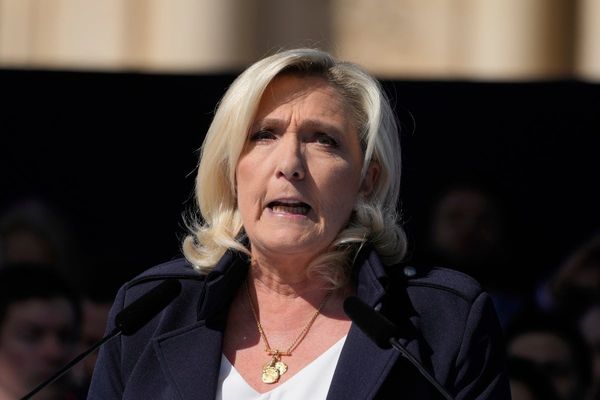India will continue to look at ways to work with the Taliban, including hosting its UN sanctioned leader Amir Khan Muttaqi in New Delhi, officials said.
Amir Khan Muttaqi, the Taliban’s acting foreign minister, was due to make his first trip to India in August but failed to secure a waiver on his existing travel ban by the United Nations Security Council.
He was sanctioned by the UNSC in 2001 over the acts and activities of the Taliban in Afghanistan during the hardline Islamist group’s previous rule in the 1990s.
On being asked about Muttaqi’s planned visit to India, Indian foreign ministry spokesperson Randhir Singh Jaiswal told reporters that India continues to engage with Afghan authorities.
“As you are aware, we have longstanding ties with the people of Afghanistan. India continues to support the aspirations and developmental needs of the Afghan people. We continue to have engagements with Afghan authorities,” he said last week.
According to officials in New Delhi, a waiver for Muttaqi was sought from the UNSC but it was not given clearance, in a move reportedly blocked by Pakistan.
The 1988 sanctions committee – a subsidiary body of the Security Council to oversee the implementation of sanctions – is currently led by Pakistan. It is overseeing the travel bans imposed on the Taliban leaders along with assets freeze and an arms embargo.
The Indian side will continue to look into ways to host the acting foreign minister and the visit is expected to proceed in the coming months after the waiver on the travel ban is addressed in the interest of regional cooperation, sources told The Independent.
If the waiver is granted, the visit from Muttaqi will bump India into a brief list of nations that have hosted the sanctioned Taliban leader – joining the ranks of China and Russia who have engaged with the fundamentalist group despite censure.
The India visit, seen as problematic over the Taliban’s policies banning almost half of its population of girls and women from schools, colleges, and workplaces on top of curtailing their basic human rights, will grant legitimacy to the group’s senior leader.
India has gradually ramped up its cautious yet increasingly diplomatic approach in engaging with the Taliban by meeting with the group’s senior officials in Qatar and also in Kabul.
In January this year India’s foreign secretary Vikram Misri met with Muttaqi and discussed diplomatic relations, security concerns, and humanitarian aid with Afghanistan at its highest-level talks till then in Dubai.
The two sides discussed expanding bilateral ties, with an increased focus on India’s security concerns, boost in trade through the Chabahar Port in Iran, and Indian investments in several development projects inside Afghanistan, which remain a key concern for Delhi.
In May this year, India’s external affairs minister S Jaishankar held a telephonic conversation with Muttaqi where the Afghan leader condemned the terrorist attack in Kashmir’s Pahalgam.
The exchange marked the highest level of contact between New Delhi and Kabul after the exit of Nato forces from Afghanistan in August 2021, even though India has not granted any official recognition to the Taliban.
The two spoke again last week in the aftermath of deadly 6.0 magnitude earthquake in Afghanistan, which killed at least 2,200 people even as authorities warned that the actual death toll could be higher as more bodies in remote areas were recovered.
Taliban urged to lift female aid worker restrictions after earthquakes
Afghanistan hit by powerful aftershocks after thousands killed by earthquake
Shock at scale of destruction as Afghanistan earthquake death toll climbs to 1,400
Modi hails ‘insightful’ talks with Putin during limousine ride at China summit
Indian doctor faces investigation for performing 21 emergency C-sections in 10 hours
The Indian state that now has a lower infant mortality rate than US







